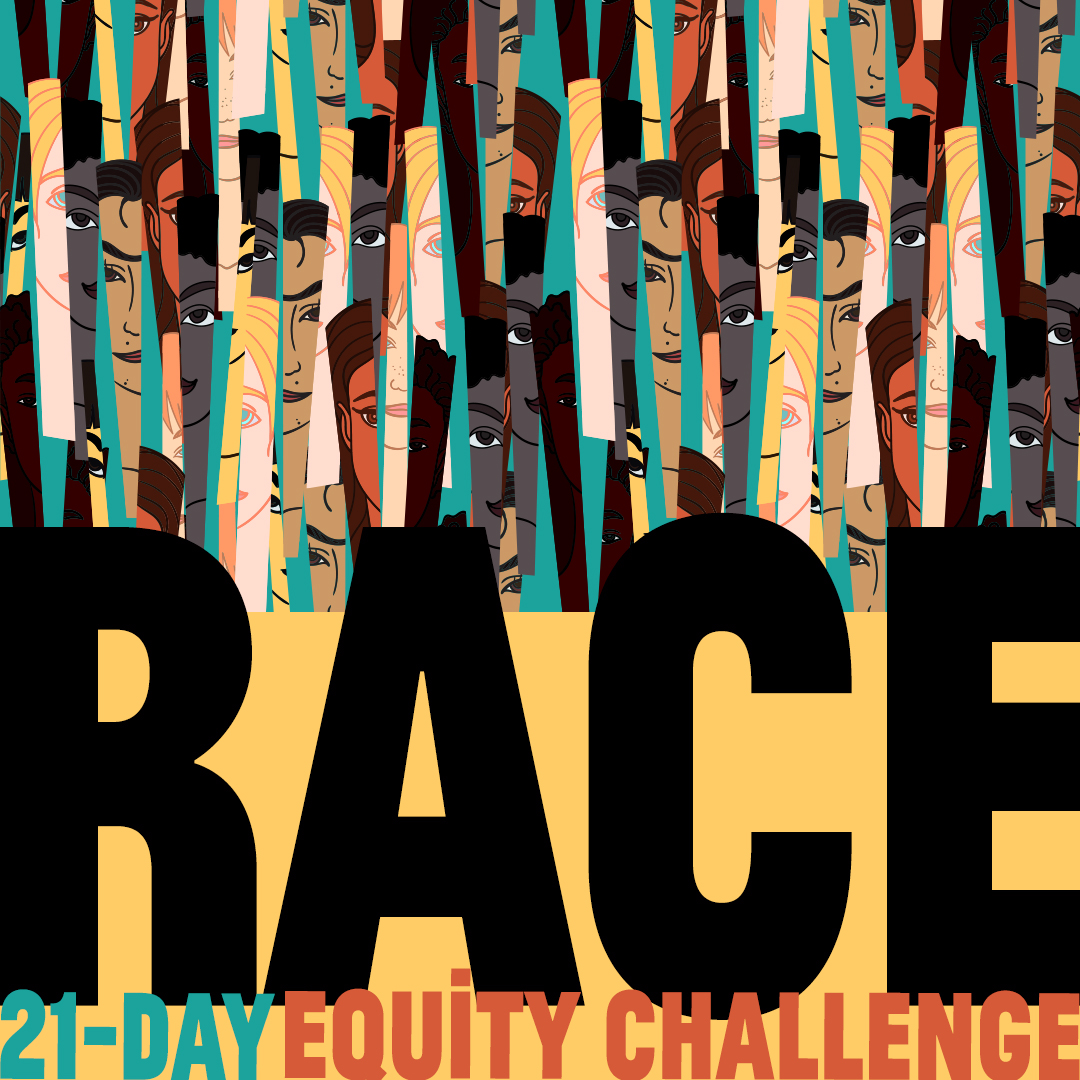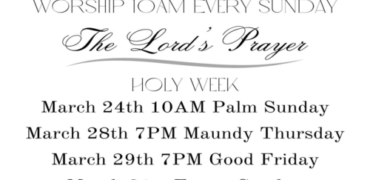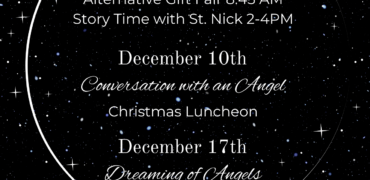21 Day Race Equity Challenge
Today (Thursday, June 4th) there is planned demonstration in downtown Lebanon, proclaiming that Black Lives Matter. A few days ago, across social media many offered to intentionally go dark and silent, so that those whose voices needed to be most heard, would be. People around us are crying out in the streets, calling for justice and lamenting. (Yes, I realize there is also rioting, but I am asking that we focus on the cries of pain and listen). I remember, vaguely the Rodney King Riots in LA. I lived about 90 minutes south, but it was close. Sometimes, we feel like these events are far from us, but they are not – they never are. Because the ones crying out are fellow citizens, they are our neighbors, and many of them are our brothers and sisters in Christ.
Now is the time for us to do more. But, first we need to listen, really listen with open hearts and to pray, that God would take away our barriers of self-protection, our assumptions, our understandings that come from our point of view.
I invite you to take on a 21 day Race Equity Challenge.
I have found this from our neighbor Presbyterians at Derry Presbyterian, they credit the list to Myers Park Presbyterian Church in Charlotte, NC.
Each day, for 21 days – listen, read, watch one thing from the list below.
Share on facebook, in fellowship, and with those you are with.
Together let us listen with love for our neighbors.
In the hope of Christ,
Pastor Robin
Watch
This is Us, Dr. Eddie Glaude explains why blaming current racial tensions on Donald Trump misses the point. (3 minutes)
Racism is Real, A split-screen video depicting the differential in the white and black lived experience. (3 minutes)
Confronting ‘intergroup anxiety’: Can you try too hard to be fair? Explores why we may get tongue tied and blunder when we encounter people from groups unfamiliar to us. (5 minutes)
CBS News Analysis: 50 states, 50 different ways of teaching America’s past, Ibram X. Kendi reviews current history curriculum production and use across the U.S. (5 minutes)
The Disturbing History of the Suburbs, An “Adam Ruins Everything” episode that quickly and humorously educates how redlining came to be. (6 minutes)
What Kind of Asian Are You? Humorous two minute YouTube video that illustrates the utter silliness of the way many white Americans interact with Asian Americans. (2 minutes)
Birth of a White Nation, Keynote speech by legal scholar Jacqueline Battalora, offers a blow-by-blow description of the moment the idea of, and word for, “white” people entered U.S. legal code. (36 minutes)
13th, Netflix documentary by Ava DuVernay about the connection between US Slavery and the present day mass incarceration system. (1 hour, 40 minutes)
How to overcome our biases? Walk boldly toward them, TED Talk by Vernā Myers, encourages work vigorously to counter balance bias by connecting with and learning about and from the groups we fear. (19 minutes)
The danger of a single story, TED Talk by Chimamanda Adiche, offers insight to the phenomenon of using small bits of information to imagine who a person is. (18 minutes)
How to deconstruct racism, one headline at a time, TED Talk by Baratunde Thurston that explores patterns revealing our racist framing, language, and behaviors. (10 minutes)
Indigenous People React to Indigenous Representation in Film And TV, Conversation with a diverse range of Indigenous people by FBE about media depictions of Indigenous people, Columbus day, and Indigenous identity. (15 minutes)
What Being Hispanic and Latinx Means in the United States, Fernanda Ponce shares what she’s learning about the misunderstanding and related mistreatment of the incredibly diverse ethnic category people in U.S. call Hispanic. (12 minutes)
Tyler Merrit Project: Before You Call (3 minutes)
Being Anti-Racist: A Primer from the Synod of Mid America PCUSA. (10 minutes)
The Tulsa Race Riot of 1921 Emory Associate Professor of African American Studies, Carol Anderson, discusses the little known or taught Tulsa Race Massacre of 1921. (5 mins)
BlacKkKlansman Spike Lee’s 2018 award-winning film about Ron Stallworth, the first African-American detective to serve in the Colorado Springs Police Department who bravely sets out on a dangerous mission: infiltrate and expose the Ku Klux Klan. (2 hours, 15 minutes)
The Cross and the Lynching Tree: A Requiem for Ahmaud Arbery Rev. Otis Moss III delivers a sermonic movie, preaching a requiem for Ahmaud Arbery, “A young man just shy of his 26th birthday stepped out into the sun and ran for the final time upon this earth . . .” (23 minutes)
Ibram X Kendi on the difference between “antiracist” and “not racist.” CBS This Morning segment explains that what we need to do first is re-examine what it means to be “not racist” and strive instead to be “antiracist.” (5 minutes)
Systemic Racism Explained Systemic racism affects every area of life in the US, from incarceration rates to predatory loans. Trying to solve these problems requires changes in major parts of our system. Here’s a closer look at what systemic racism is, and how we can solve it. (5 minutes)
Read
10 Ways Well-Meaning White Teachers Bring Racism Into Our Schools, by Jamie Utt
21 Racial Microaggressions You Hear on a Daily Basis, by Heben Nigatu
Climbing the White Escalator, by Betsy Leondar-Wright
Explaining White Privilege To A Broke White Person, by Gina Crosley-Corcoran
Guide to Allyship, Created by Amélie Lamont
It’s Not Just the South: Here’s How Everyone Can Resist White Supremacy, by Sarah van Gelder
Making America White Again, by Toni Morrison
Understanding the Racial Wealth Gap, by Amy Traub, Laura Sullivan, Tatjana Mescheded, & Tom Shapiro
What White Children Need to Know About Race, by Ali MIchael and Elenora Bartoli
White Privilege: Unpacking the Invisible Knapsack, by Peggy McIntosh
Presbytery of Charlotte letter from Antiracism Team
My President Was Black, by Ta-Nehisi Coates
Caught Up In God, by Willie James Jennings
Who Gets to Be Afraid in America?, by Ibram X Kendi
Trouble the Narrative There is a common narrative that the civil rights movement succeeded through only non-violent protest. But we need to trouble that narrative. By Austin Channing Brown.
Statement by Union Presbyterian Seminary President Brian K. Blount on the death of George Floyd.
Here’s Why It Hurts When People Say, “All Lives Matter” A national youth advocate and educator explains why mattering means so much to black Americans. By L-Mani S. Viney.
The American Nightmare To be black and conscious of anti-black racism is to stare into the mirror of your own extinction. By Ibram X. Kendi
Listen
Code Switch, hosted by journalists Gene Demby and Shereen Marisol Meraji
Black Like Me, host Dr. Alex Gee
Scene on Radio – Seeing White Series, host John Biewen and collaborator Chenjerai Kumanyika
TED Radio Hour – Mary Bassett: How Does Racism Affect Your Health? host Guy Raz speaks with Dr. Mary T. Bassett, Director of the FXB Center for Health and Human Rights at Harvard University
Here & Now – Without Slavery, Would The U.S. Be The Leading Economic Power? host Jeremy Hobson and author Edward Baptist
NPR Morning Edition – You Cannot Divorce Race From Immigration journalist Rachel Martin talks to Pulitzer Prize-winning journalist Jose Antonio Vargas
Pod Save the People, Activism. Social Justice. Culture. Politics. On Pod Save the People, organizer and activist DeRay Mckesson
Notice
Test Your Awareness: Do The Test, This video shows us the importance of paying attention, and how much more we see when we are looking for particular things around us.
Use each question below separately as one day’s challenge.
- Who is and is not represented in ads?
- What are the last five books you read? What is the racial mix of the authors?
- What is the racial mix of the main characters in your favorite TV shows? Movies?
- Who is filling what kinds of jobs/social roles in your world? Can you correlate any of this to racial identity?






